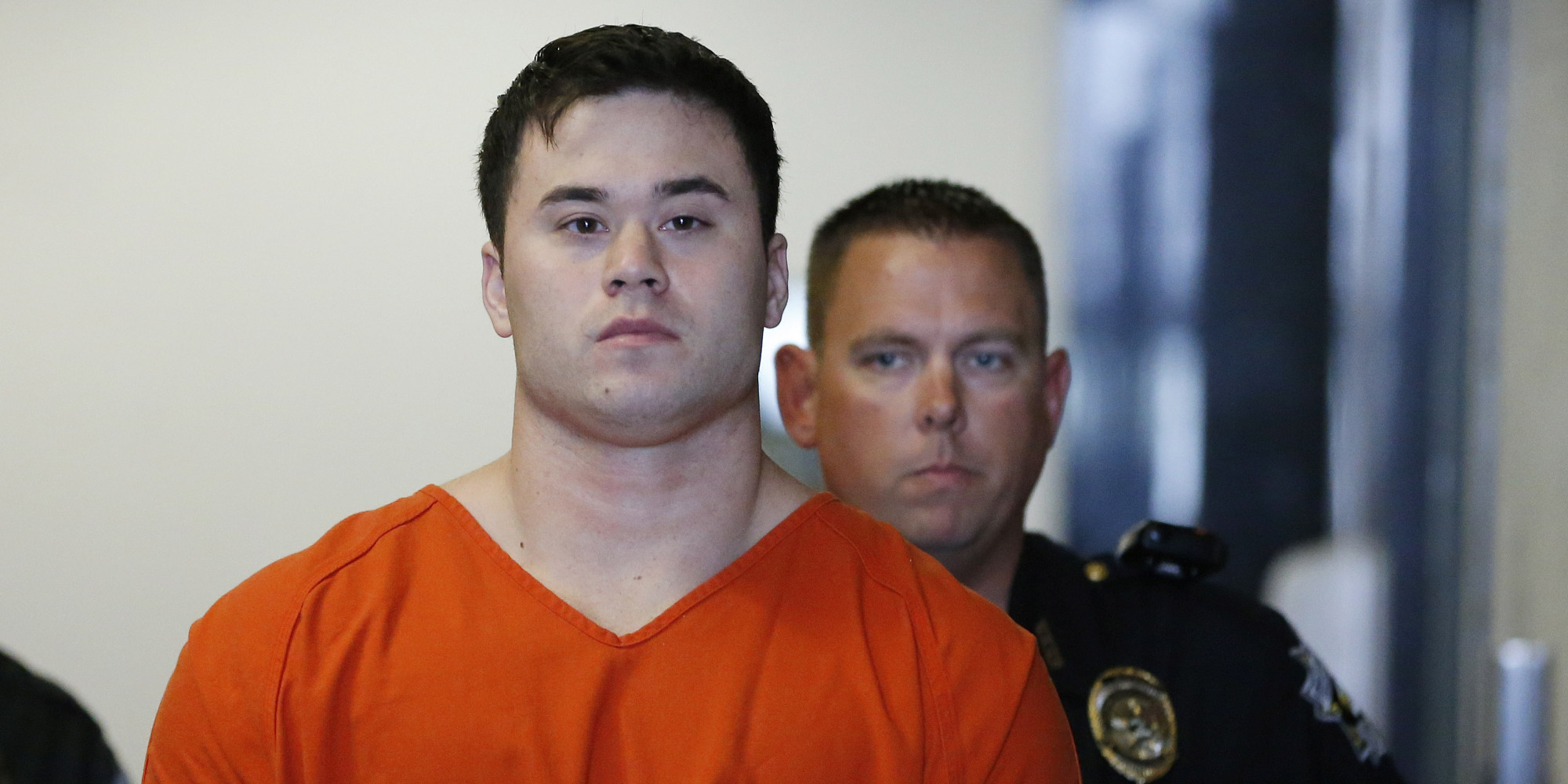Last week Daniel Holtzclaw, a former Oklahoma City police officer, was found guilty of 18 of the 36 sexual assault charges he faced which included four counts of first degree rape. He faces 260 years behind bars.
Holtzclaw strategically targeted those who were vulnerable and powerless: poor women of color who had criminal histories related to drugs or sex work. He exploited his badge and used intimidation tactics to keep his victims silent. Or so he thought. All 13 victims testified during the trial; each shared similar stories of sexual abuse, threats, and coercion.
According to the Cato Institute, sexual abuse is the second most reported form of misconduct among police officers (the first is use of excessive force).
In November, the Associated Press published a detailed report which found that during a six year period, approximately 1,000 officers throughout the US lost their badges due to sexual misconduct, which includes rape and sodomy.
Holtzclaw was terminated from the Oklahoma City police force after his pattern of sexual abuse was uncovered in an internal investigation. In his termination letter, the police chief wrote that Holtzclaw’s “offenses committed against women in our community constitute the greatest abuse of police authority I have witnessed in my 37 years as a member of this agency.”
Officers who abuse their power dishonor their badge and disgrace their departments. But what can be done about officers who commit sexual offenses? How can we hold offending officers accountable? As one of Holzclaw’s teenage victims asked during her testimony, “What kind of police do you call on the police?” If real change is to happen, it needs to start within the police departments.
Holtzclaw’s conviction symbolizes hope that offending officers can be, and will be, held responsible for the destruction and harm they have caused their victims and their victims’ families. After deliberating for 40 hours, the jury handed down guilty verdicts that added up to over 260 years behind bars. Holzclaw’s sentencing is scheduled for January 2016.








